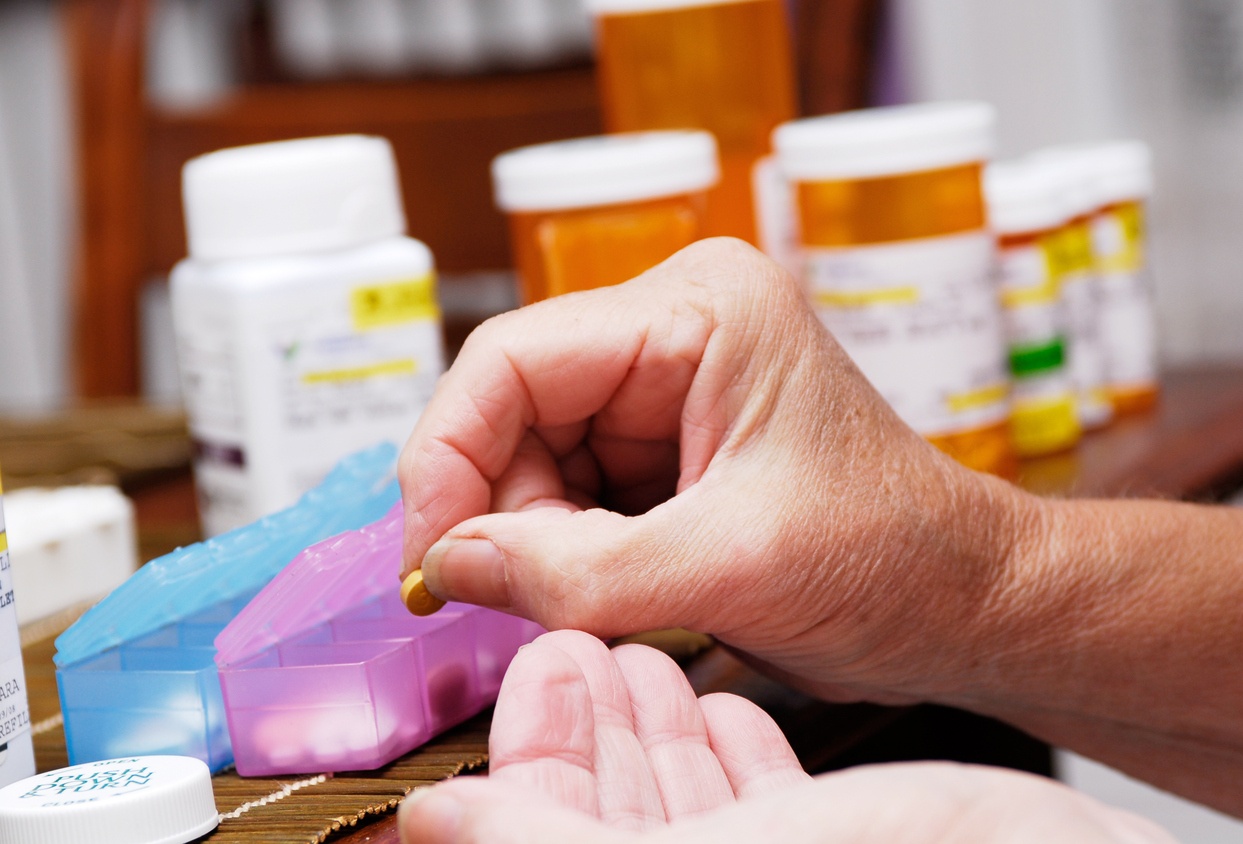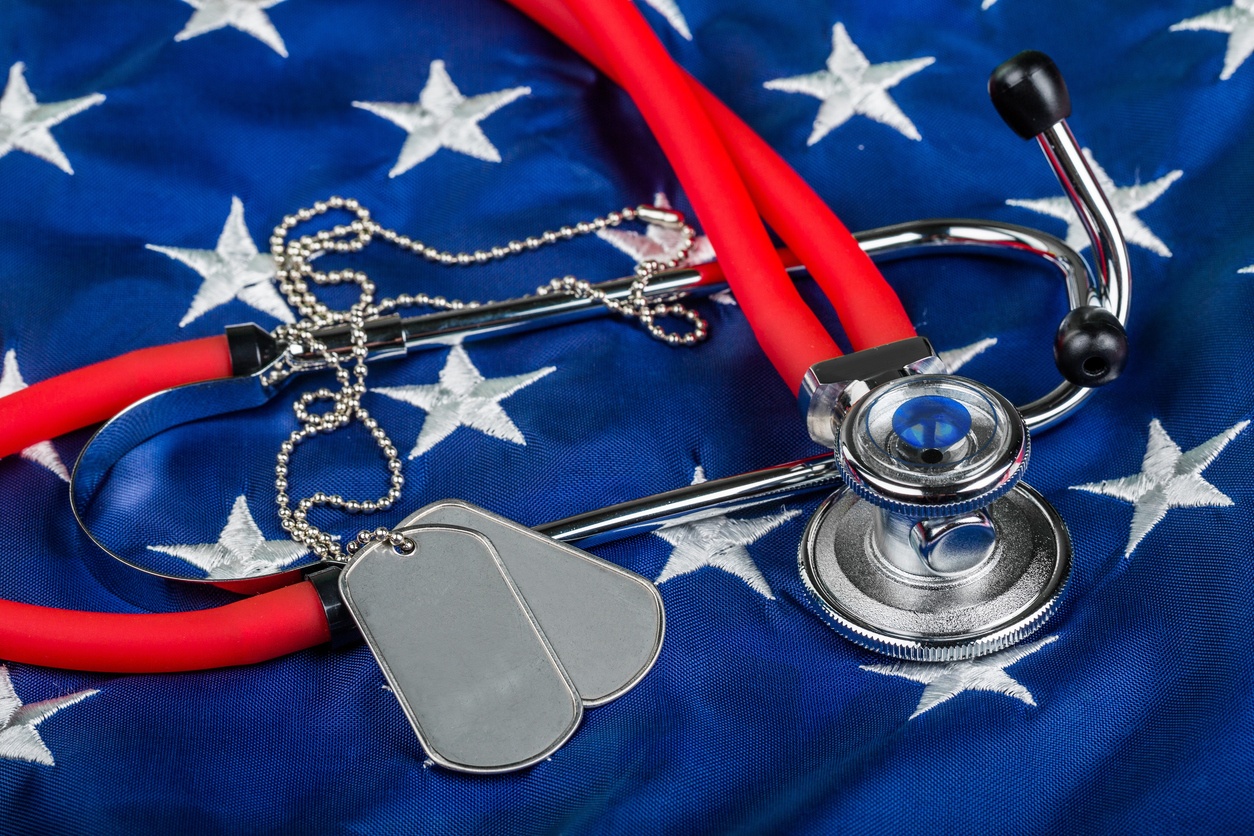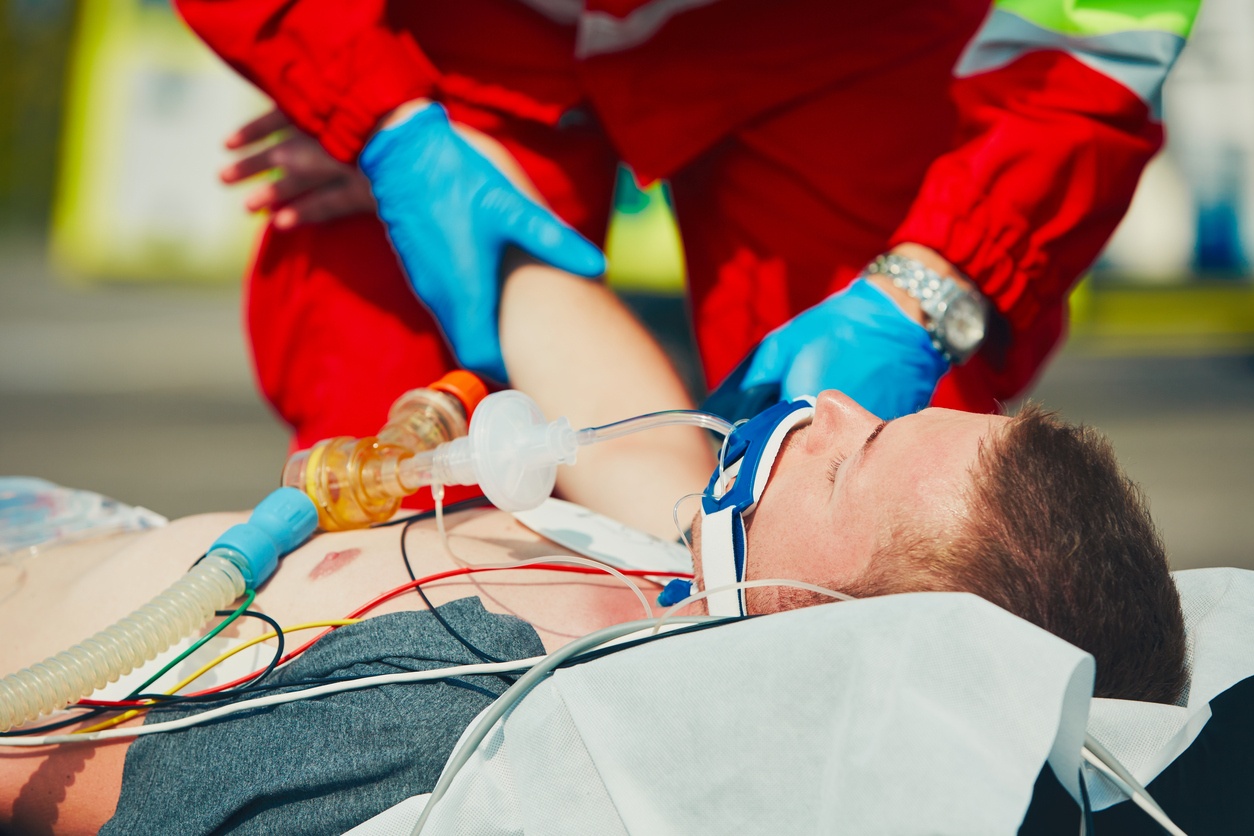
Polypharmacy is defined as taking five or more prescription medications daily, and it is most commonly seen in the elderly patient population and long-term care homes (Source). It is problematic because it can lead to adverse drug events (ADEs), decreased physical ...

Accommodating the needs of groups such as veterans is an important part of healthcare education. Every patient has a unique perspective and needs. Part of the role of healthcare providers is recognizing someone’s culture, heritage, and experiences and offering them the highest level of care possible.

Although our primary audience is made up of nurse educators, we strive to bring to light important topics for educators in other fields as well, such as EMS instructors and allied health educators. In addition, we don’t want to use this space to brag about what we know and how we can solve your problems – we actively reach out to other experts and give ...

Airway management is one of the most important jobs for pre-hospital care providers, but it isn’t always as straightforward as placing an endotracheal tube (ET). For example, how do you place a tube while the patient is vomiting? One answer is the SALAD technique, as developed and defined by James DuCanto, MD, staff anesthesiologist and Director of the ...

Diabetes is either Type 1 or Type 2, both of which can be managed with insulin therapy. In addition, Type 2 diabetes can be managed through lifestyle changes, such as losing weight and eating healthfully.

Harvard’s Center for Medical Simulation defines debriefing as a conversation among participants with the goal of improving performance in real situations (Source). Simulation-based learning experiences should include a planned debriefing session. ...

As the United States deals with an aging populace, the demand for careers in home care and hospice will increase to keep up. According to the National Association for Home Care and Hospice:

Allied health professions are those professions that deal with health care, and include many well-known non-nurse, non-physician roles. Among these professions are physical therapist, anesthesia technician, dental hygienist – and many, many more. Allied health professionals work in the healthcare system to provide diagnostic, technical, therapeutic, and ...














